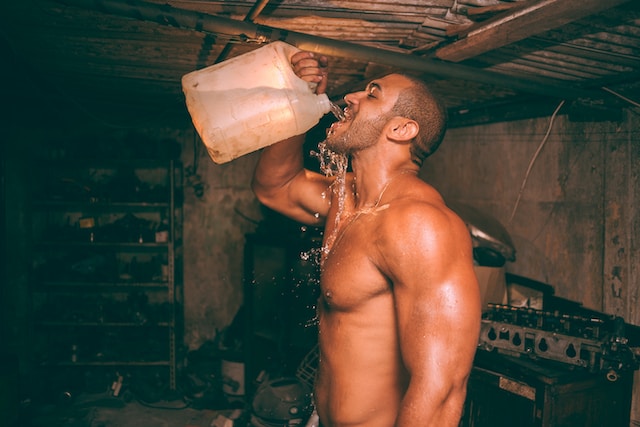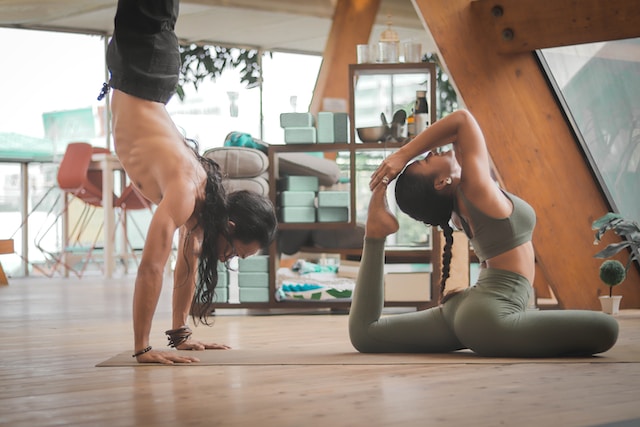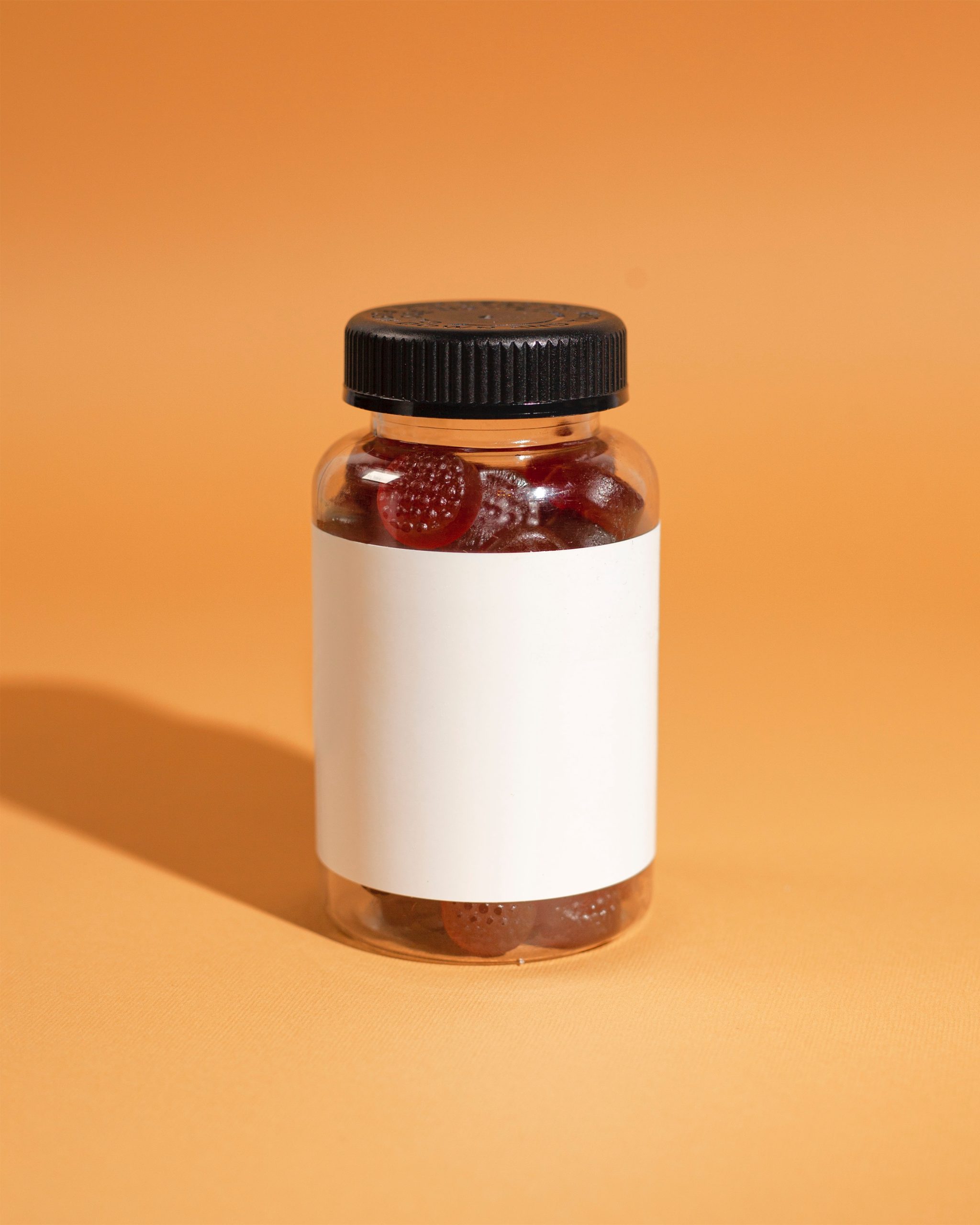Introduction: Proper hydration is crucial when it comes to maximizing your workout performance and maintaining your overall health. While it’s important to stay hydrated during exercise, determining whether you’re drinking enough water can be a challenge. In this article, we will explore some key signs and strategies to help you assess if you’re drinking enough water during your workout routine.
- Monitor Your Thirst: Thirst is one of the primary signals that your body needs water. If you feel thirsty during your workout, it’s a clear indication that you should drink more water. However, it’s important to note that relying solely on thirst may not always be sufficient, as it is a late indicator of dehydration. It’s best to establish a regular drinking routine rather than waiting until you feel thirsty.
- Check Your Urine Color: Monitoring the color of your urine can provide valuable insights into your hydration status. A well-hydrated individual typically has urine that is light yellow or clear. Darker urine, such as a deep yellow or amber color, may suggest dehydration. Keep in mind that certain supplements or medications can affect urine color, so it’s best to consult a healthcare professional if you have concerns.
- Consider Your Sweat Rate: People have different sweat rates, which can impact their hydration needs during a workout. If you tend to sweat profusely, it’s essential to replenish the lost fluids by drinking water regularly. Weighing yourself before and after exercise can help estimate your fluid loss. For every pound lost, aim to drink 16-24 ounces (approximately 475-710 ml) of water to rehydrate adequately.
- Assess Your Performance: Dehydration can negatively impact your exercise performance. If you notice a decline in your strength, endurance, or focus during your workouts, it could be a sign of inadequate hydration. Drinking water before, during, and after your workout can help optimize your performance by ensuring your body has enough fluids for efficient functioning.
- Evaluate the Duration and Intensity of Your Workout: The duration and intensity of your workout play a significant role in determining your hydration needs. Longer and more intense sessions result in increased fluid loss through sweat. If you engage in prolonged or vigorous exercise, consider drinking water at regular intervals, such as every 10-20 minutes. This helps prevent dehydration and maintains optimal performance.
- Understand Environmental Factors: Environmental conditions, such as temperature and humidity, can impact your hydration requirements. Hot and humid environments cause more sweating, leading to higher fluid losses. In such conditions, it’s crucial to increase your water intake to compensate for the increased sweat rate. Pay attention to the weather and adjust your hydration strategy accordingly.
- Listen to Your Body: Ultimately, the best way to determine if you’re drinking enough water during your workout is to listen to your body. Everyone’s hydration needs are unique, so it’s important to pay attention to how you feel. If you experience symptoms like dizziness, fatigue, muscle cramps, or a dry mouth, it could indicate dehydration. Trust your body’s signals and make sure to hydrate as needed.
Conclusion: Proper hydration is essential for optimizing your workout performance and ensuring your well-being. By monitoring your thirst, urine color, sweat rate, performance, and considering the workout duration and intensity, you can assess if you’re drinking enough water during your workouts. Remember to establish a regular drinking routine, stay mindful of environmental factors, and listen to your body’s signals. By staying properly hydrated, you can enhance your exercise experience and support your overall fitness goals.










